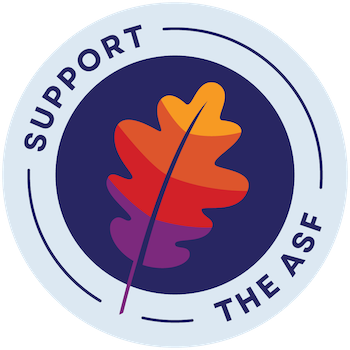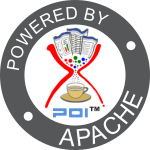Apache POI™ - How To Build
JDK Version
POI 4.0 and later require JDK version 1.8 or later. JDK version 11 is required to compile module support.
POI 3.11 and later 3.x versions require JDK version 1.6 or later.
POI 3.5 to 3.10 required the JDK version 1.5 or later. Versions prior to 3.5 required JDK 1.4+.
Install Apache Forrest
The POI build system requires Apache Forrest to build the documentation.
Specifically, the build has been tested to work with Forrest 0.9. When building with Forrest, it is recommended to use Java 8.
Remember to set the FORREST_HOME environment variable.
Building Targets with Gradle
The main Apache POI build was traditionally done with Apache Ant. In 2021, we moved to using Gradle. After checking out the POI code, you will find gradlew and gradlew.bat. These command files are used for running Gradle on Linux/Mac and Windows respectively. Gradlew checks if you the right version of Gradle installed and will install it if you don't.
Note that our source releases no longer contain gradlew or gradlew.bat. You can install the Gradle tool yourself and use it to build POI.
The main targets of interest to our users are:
| Gradle Target | Description |
|---|---|
| clean | Erase all build work products (ie. everything in the build directory |
| test | Run all unit tests from main, ooxml and scratchpad |
| jar | Produce jar files |
| jenkins | Runs the tests which Jenkins, our Continuous Integration system, does. This includes the unit tests and various code quality checks. Also, packages up the jars and build distributions. |
To run the tests from just one test class, use a command like:
./gradlew poi-ooxml:test --tests *TestXSSFBugs
gradlew poi-ooxml:test --tests *TestXSSFBugs
The example command runs tests in the poi-ooxml sub-project that match the name '*TestXSSFBugs'. The '*' wildcard is useful to avoid typing the full Java package name.
Working with Eclipse
Apache POI no longer includes a pre-defined Eclipse project file. When importing the POI project, your IDE should recognise that there is Gradle support and offer to do the build using that.
First make sure that Java is set up properly and that you can execute the 'javac' executable in your shell.
Next, open Eclipse and create a copy of the Git repository, and import the project into Eclipse.
Note: when executing junit tests from within Eclipse, you might need to set the system property "POI.testdata.path" to the actual location of the 'test-data' directory to make the test framework find the required test-files. A simple value of 'test-data' usually works.
Working with IntelliJ Idea
Import the Gradle project into your IDE. Execute a build to get all the dependencies and generated code in place.
Note: when executing junit tests from within IntelliJ, you might need to set the system property "POI.testdata.path" to the actual location of the 'test-data' directory to make the test framework find the required test-files. A simple value of 'test-data' usually works.
Setting environment variables
Linux: help.ubuntu.com, unix.stackexchange.com
Windows: en.wikipedia.org
by Glen Stampoultzis, Tetsuya Kitahata, David Fisher






